Have you ever wondered why it is critical to increase organic traffic to your website?
The goal of every online business or blog is to increase traffic. The more traffic a website attracts, the more opportunities it has to increase brand awareness, make customers, and generate revenue. However, it is challenging to ensure your website comes in the top search results whenever a prospective client searches for a product or service online. What if the prospective customer finds your competitor instead of you?
You will lose a potential customer!
Therefore, to gain a competitive advantage and grow your business, it is essential to increase organic traffic.
Different Types of Website Traffic
Websites receive traffic from various sources. Depending upon the source, the following are the six major types of website traffic:
Direct Traffic
Direct traffic comprises people visiting your site after manually typing the website URL in the browser or clicking a bookmark. In other words, direct traffic does not have a defined referring source. Most importantly, direct traffic visitors are almost always aware of your brand or business.
Organic Traffic
Organic traffic refers to visitors coming from a search engine like Google. Unlike direct traffic, organic traffic has a defined source, i.e., unpaid search. Since visitors from search engines are mostly unaware of your business, organic traffic is ideal for increasing brand recognition and growing customer base.
Paid Traffic
Paid traffic consists of people visiting your site by clicking on an advertisement or a sponsored listing. In search engine result pages, paid listings always appear at the top. Since organic traffic takes time to build, paid search traffic is an ideal solution for new sites. You can reach people or sites that could not find your content in search results through advertisements. As a result, the possibility of building backlinks and ranking higher will increase.
Referral Traffic
Referral traffic consists of people visiting your site by clicking a link on another site, forum, or platform. Such links are called backlinks or external links. In comparison to organic traffic, referral traffic is more advantageous to SEO. Quality referral traffic helps increase organic traffic by improving search engine ranking. However, remember not all backlinks are equal. Certain types of backlinks are more beneficial for SEO than others.
Social Traffic
Social traffic refers to visitors landing at your site from social media such as Facebook, LinkedIn, Twitter, and Instagram. Although social traffic does not impact your SEO ranking, it can significantly increase brand recognition and help generate sales.
Email Traffic
Email traffic comprises visitors coming to your site through email messages. You will receive this traffic only if you are using email marketing. You must include links to your site in your email campaigns to generate traffic.
Why is it Important to Increase Organic Traffic?
Organic traffic is better than any other type of website traffic because of the following reasons:
- Generating organic traffic does not involve any costs.
- You can reach audiences who are unaware of your business or brand.
- Access to audiences from around the globe.
- Organic traffic leads to prospective customers.
- Your brand is perceived as an authoritative source.
- You gain a competitive advantage.
Ways to Increase Organic Traffic
1. Fix SEO Issues
SEO issues can significantly impact your ranking, thereby reducing organic traffic. Therefore, conduct a thorough site audit to uncover SEO issues affecting your performance in search results. A manual SEO audit is impractical as it requires much time and effort. AIOSEO is a popular WordPress plugin to get a detailed list of SEO issues on your website.
The following are the most common SEO issues you should fix immediately to improve your organic traffic:
Poor mobile experience
A non-responsive website poorly displayed on mobile devices harms SEO ranking. Google uses mobile-first indexing, making it essential for every website to work correctly on mobile screens of all sizes. Use the Google mobile-friendly test to check whether your website is mobile-friendly.
Broken links
As the number of pages increases, ensuring all links in blog posts, product descriptions, or articles remain active becomes challenging. Broken links affect SEO, negatively impacting ranking. Therefore, to increase organic traffic, it is crucial to fix all broken links. You can use popular SEO plugins and tools, like SEMrush, Serpstat, and AIOSEO, to find and fix broken links.
Missing or Non-optimized Meta Description
A missing or non-optimized meta description is another SEO issue you must fix to increase organic traffic. Meta descriptions significantly influence a visitor’s decision to click and visit the website. In case of a missing meta description, search engines will write it for you, which may not be good enough to generate clicks. Similarly, a non-optimized meta description can also reduce your click-through rate.
Missing Alt Tags
Alt texts provide image descriptions to search engines, leading to efficient crawling of images. Images without alt tags do not rank in image search, reducing organic traffic opportunities.
2. Fix Keyword Cannibalization
If more than one page of your website ranks for the same keyword, it is called keyword cannibalization.
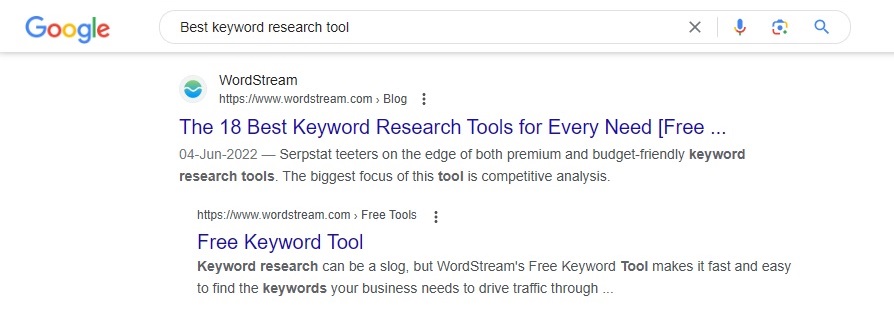
Keyword cannibalization is harmful to organic search traffic for the following reasons:
- Google crawl budget is wasted.
- Your pages compete against each other.
- The less relevant page may rank higher, affecting click-through and bounce rates.
- Backlinks get split amongst pages, affecting the page authority of both.
- Users may get confused and skip both pages.
Therefore, detecting and fixing keyword cannibalization is critical to improving organic traffic. You can conduct a manual site audit or use tools such as SEMrush, JetOctopus, and SEOTesting to detect keyword cannibalization.
You can fix keyword cannibalization in several ways, such as:
- Consolidate pages.
- Delete the underperforming page.
- Find new keywords if pages have different intent.
- No-index page you believe is unnecessary.
3. Do Keyword Research
Keyword research is the key to ranking higher in search engine result pages. Without keyword research, you may target highly competitive keywords that are difficult to rank for. You may also target keywords no one uses to search for information online. Therefore, to improve organic traffic, you should do keyword research.
Keyword research tools, such as SEMrush, Serpstat, and SpyFu, provide you with an estimate of a keyword’s monthly search volume. They also provide a score for each keyword based on its difficulty ranking in search results. Based on these metrics, you can choose the keywords that are easy to rank and generate a reasonable amount of traffic.
4. Use Internal Links
You can increase organic traffic only if your web pages rank in Google, and internal links help web pages rank. Internal links help increase organic traffic in two significant ways:
Internal Links Help Search Engines Index New Pages: The pages must be indexed to rank in Google search results, and indexing depends on crawl efficiency. Since each website gets a limited crawl budget, new pages that are not linked internally might take longer to index. Crawl budget or crawl efficiency is also a cause of worry for bigger websites with thousands of pages. Internal links help visitors and search engines understand the website’s structure. As a result, crawling becomes efficient, and more pages are indexed.
Internal Links Help New Pages Rank Higher: Building backlinks and increasing page authority takes time. New pages will likely have low page authority, irrespective of their content quality. As a result, they need help to rank higher. Since internal links pass page authority from one page to another, linking to a new page from a high authority page helps it rank higher.
As a website grows, it becomes difficult to build internal links. You can use popular WordPress plugins LinkWhisper and Internal Link Juicer for efficient internal link building. The All-in-one SEO plugin AIOSEO also gives valuable suggestions for improving internal links.
5. Re-Write Underperforming Posts
Another effective method to increase organic traffic is to re-write underperforming posts. As a first step, identify posts that do not rank well. Once you have identified the underperforming posts, analyze Google’s top 10 search results for the target keyword. The top search results will help you identify the areas of improvement. Finally, re-write the post to include missing information and remove outdated information.
However, before removing information, do analyze your backlink profile. Removing any link-worthy information may cost you a backlink.
6. Build Backlinks
The number and quality of backlinks determine how well a page will perform in search results. The more quality backlinks you have, the higher you will rank. Similarly, the higher you rank, the more organic traffic you generate. Therefore, you should build quality backlinks from high-domain authority sites to increase organic traffic. The following are a few link-building strategies you can use for efficient backlink building:
- Write guest posts.
- Comment on authoritative blog posts.
- Create content that can replace outdated content.
- Create content to replace broken links.
- Write testimonials and reviews.
- Participate in reputable discussion forums.
- Post content on social media.
7. Create Topic Clusters
Topic clusters refer to groups of interlinked content or web pages that cover the same subject area to establish authority. A topic cluster consists of a pillar page covering the topic broadly, a cluster of pages covering related sub-topics, and internal links between all pages.
Topic clusters benefit SEO in the following ways:
- They help build authority.
- Website navigation becomes easy.
- Crawlers can find and index content easily.
- Internal links are built naturally.
Therefore, creating topic clusters is an effective way to increase organic traffic.
8. Research Competitors
Competitor analysis is helpful for SEO in multiple ways, such as:
- It helps discover topics your competitors are covering but you have missed.
- It helps find keywords that generate the most traffic.
- You learn about keywords that attract the most backlinks.
SEO tools like SEMrush, Serpstat, and SpyFu offer competitor analysis features, which you can use to discover keyword ideas. Once you have identified keyword ideas, you can create content targeting the same or similar keywords to increase organic traffic.
Competitor backlink profile analysis helps you uncover potential backlink opportunities. You can contact websites linking to your competitors and request a backlink.
9. Improve Page Load Speed
Google considers page load speed when determining the rank of a web page in search results. Therefore, ensuring your website loads fast is critical to increasing organic traffic.
Several tools and services are available that you can use to check page load speed, such as GTMetrix, Pingdom, and Google Pagespeed Insights.
Remove Unwanted Plugins
Redundant plugins are among the significant causes of slow-loading websites. Identify and remove plugins that are either redundant or no longer in use.
Use Caching
Caching can significantly enhance page load speed. Several plugins and solutions, such as WP Rocket, Nitropack, and WP Optimize, are available to activate caching.
Optimize Images
Images take longer to load, affecting page load speed. Therefore, optimizing images by saving them in an appropriate format and compressing them is recommended. However, remember compression may affect image quality. For lossless image compression, you can use the WordPress plugin Smush.
Minify JavaScript and CSS
Minification eliminates redundant characters from the source code to make the file load faster by reducing size. Manually minifying JavaScript and CSS files can be difficult, so using a tool or plugin such as Nitropack, WP Rocket, or WP Optimize can save time and energy.
Reduce Redirects
Redirects incur extra time because the server has to change its route. It is, therefore, critical to reduce redirects whenever possible.
10. Create Content Regularly
Websites that publish content frequently generate more traffic than those posting less often. The more content you create, the more pages are indexed, giving you another chance to rank in search results. Additionally, new content increases your chances of acquiring new backlinks. Therefore, keep creating content frequently and regularly to increase organic traffic.
11. Keep Content Updated
Google tends to provide the most updated information to its searchers. If your content is outdated, it will likely not rank well. Even if you are lucky to rank in the top results, the visitors will immediately leave your site, negatively impacting the bounce rate. Therefore, keep your content up-to-date to rank higher in search results and increase organic traffic.
Conclusion
The amount of traffic a website attracts determines its success. However, out of all traffic sources, organic traffic is most beneficial for long-term success. It takes time to increase organic traffic, but you can get results much quicker with the abovementioned strategies.

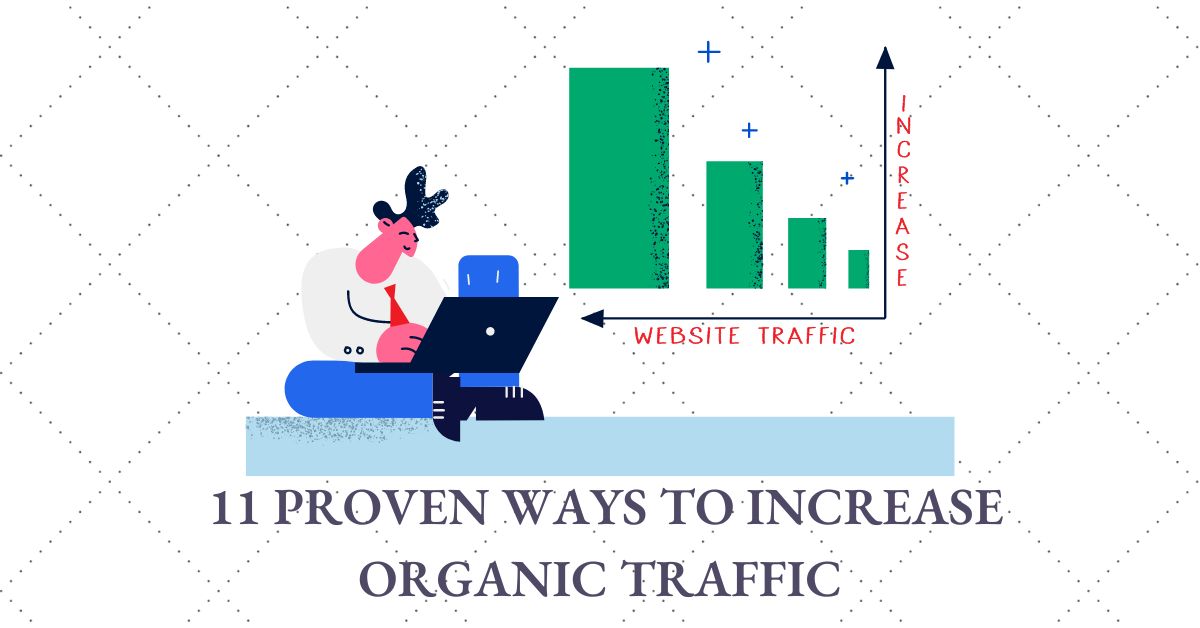

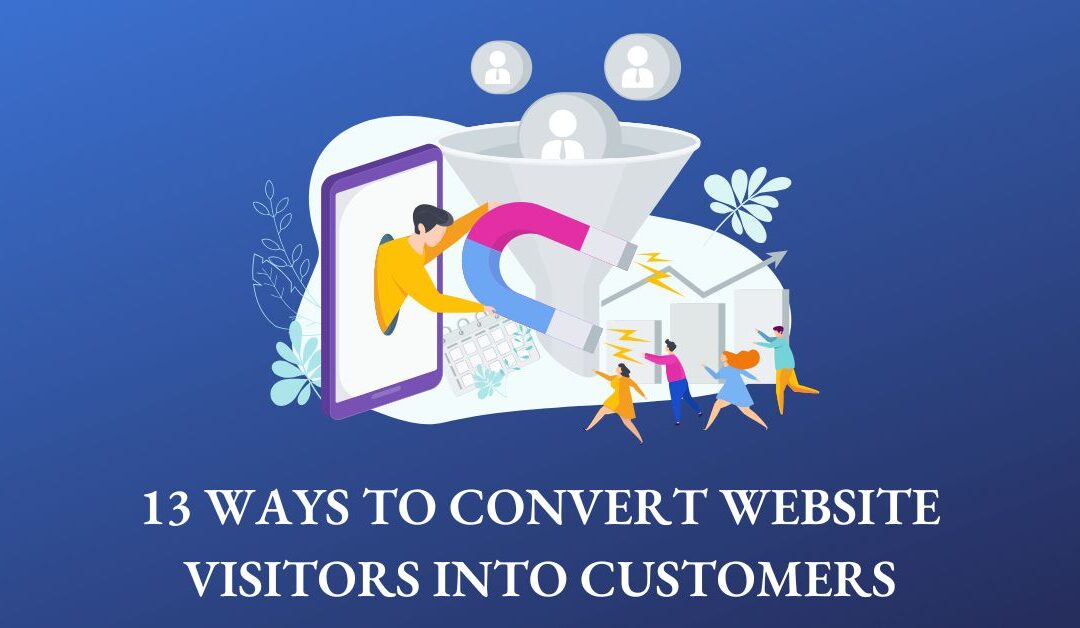
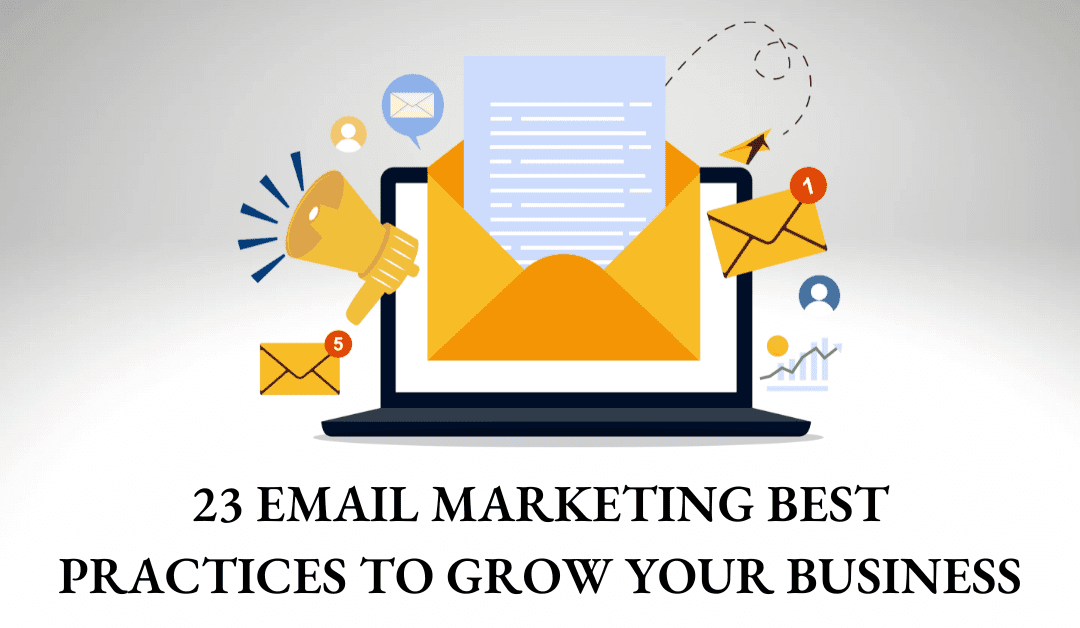
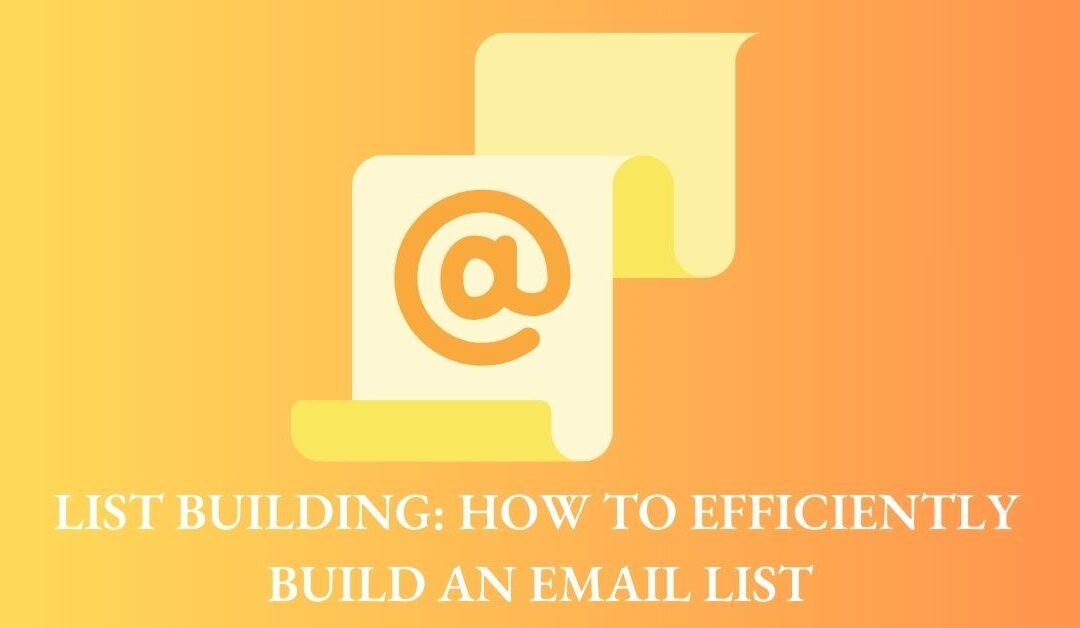
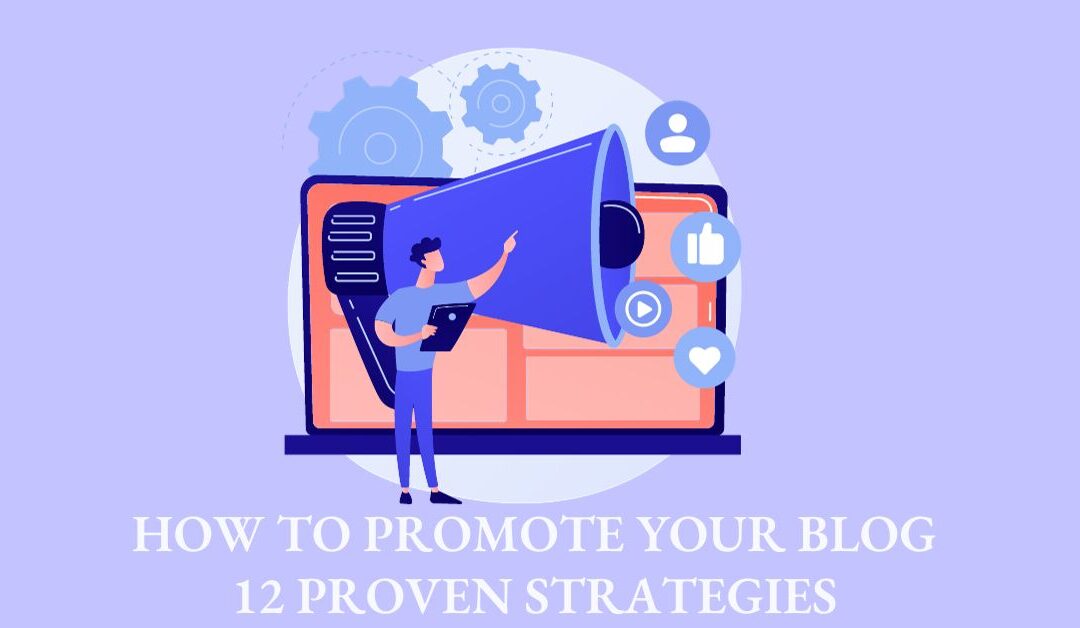
0 Comments